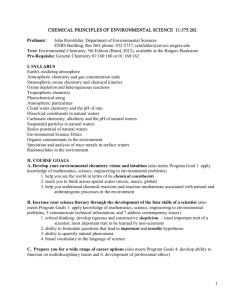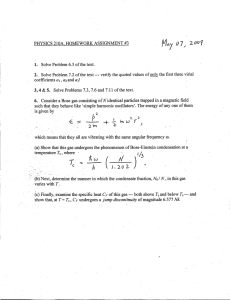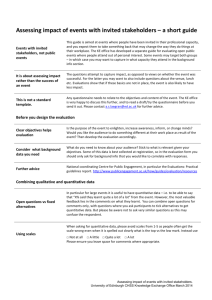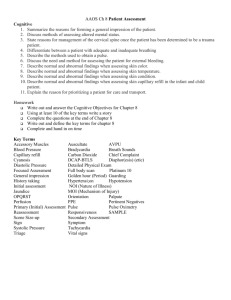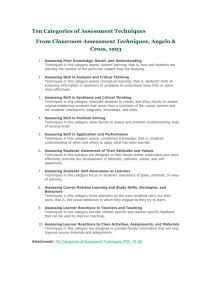Big Data - International Conference Of Data Protection and Privacy
advertisement
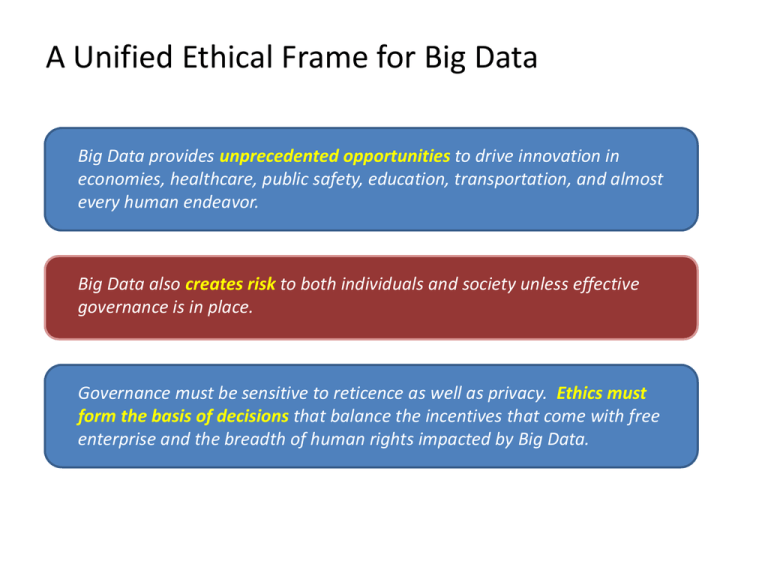
A Unified Ethical Frame for Big Data Big Data provides unprecedented opportunities to drive innovation in economies, healthcare, public safety, education, transportation, and almost every human endeavor. Big Data also creates risk to both individuals and society unless effective governance is in place. Governance must be sensitive to reticence as well as privacy. Ethics must form the basis of decisions that balance the incentives that come with free enterprise and the breadth of human rights impacted by Big Data. Values for an Ethical Frame Beneficial • • • • Sense of purpose Define the benefits Parties who gain benefit Risk-Benefit balance Progressive • • • • Materially better Measures Support innovation Consider risks Sustainable • • • • Legal basis/permissions Influence of model(s) Longevity of insights Ability to refine/correct Respectful • • • • Data origination/restrictions Context/Purpose Interests of all parties Expectations/Rights Fair • • • • Insights/Applications Inferences/Discrimination Labeling/Predestination Compatibility/Legal Basis Assessing the Application of Big Data Category/Type of Data Mitigations Use/Application • • • • Motivation/Objective Risk Assessment Ethics/Values Balancing Test Transparency Choice/Preference Messaging Accountability Considerations • • • • • • • Context Laws/Norms Harms/Rights Fairness Anti-Discrimination Non-Predatory Statistical Parity Chemistry as a metaphor in Big Data Chemistry Chemistry can be defined as the study of matter and how that matter undergoes change. Chemical Change A chemical change is when 2 substances are mixed together to form something new. Chemical Reaction A chemical reaction is the result – positive or negative – and the starting point of assessing impact occurs before substances are mixed or combined. Benefit Big Data Big Data Big Data can be defined as the study of data and how that data undergoes change. Data Change A data change is when 2 sets of information are mixed together to form something new. Data Reaction A data reaction is the result – positive or negative – and the starting point of assessing impact occurs before information is mixed or combined. Benefit


